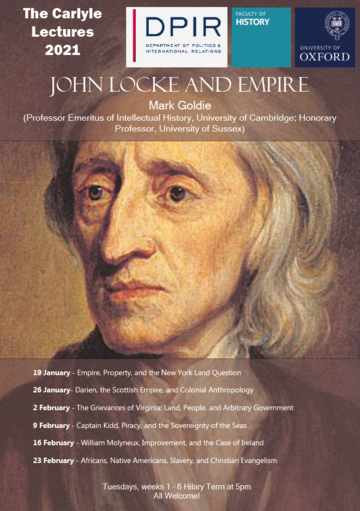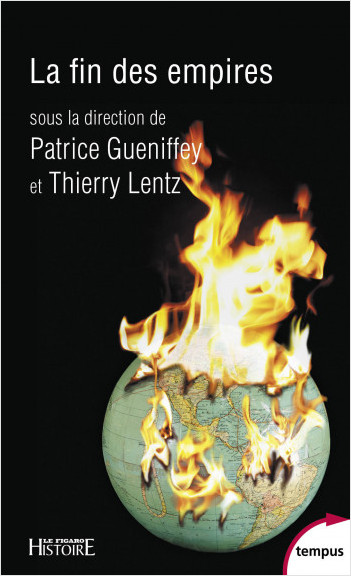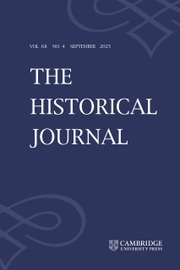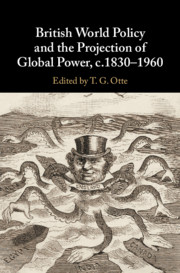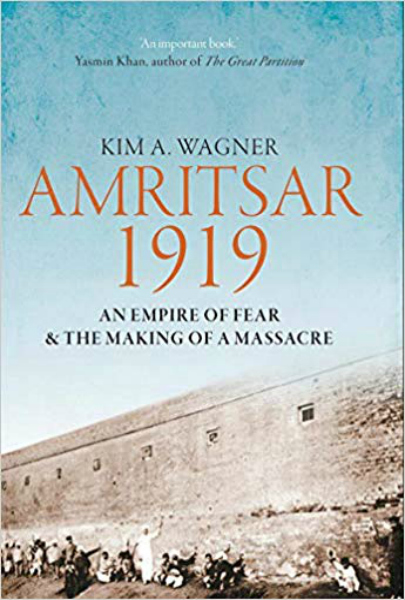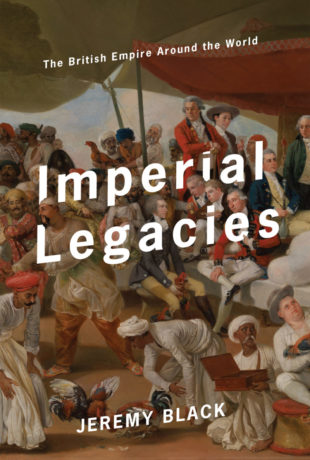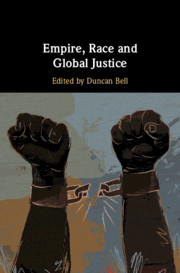The following announcement circulated on the Legal History Blog and the ANZLHS blog:
Join us for the second of several symposia planned for 2020 and 2021 for Legal Histories of Empire.
Our speakers:
Lisa Ford: ‘The King’s Colonial Peace: Variable subjecthood and the transformation of empire’
This paper is drawn from my forthcoming book, The King’s Peace: Empire and Order in the British Empire. The book uses colonial peacekeeping as a lens through which to examine the shifting parameters of crown prerogative in Empire in the Age of Revolutions. This paper will argue that the legal vulnerability of (and often threats to order posed by) a diverse array of subjects – formerly French Catholics in Quebec, Caribbean slaves and NSW convicts – both prompted and justified the unravelling of the very idea of the freeborn Englishman that had been mobilised by protestant Britons in pre-revolutionary America.
Lisa Ford is Professor of History at the University of New South Wales, Australia. Her major publications include Settler Sovereignty: Jurisdiction and Indigenous People in America and Australia, 1788-1836 (2010) which won the Littleton-Griswold Prize (American Historical Association); the Thomas J. Wilson Prize (Harvard University Press); and the Premiers History Award (NSW). She is also co-author of Rage for Order: The British Empire and the Origins of International Law, 1800-1850 (co-authored with Lauren Benton, 2016) and author of The King’s Peace, which will be published by Harvard later this year. Ford is currently leading a collaborative project funded by the Australian Research Council exploring the role of commissions of inquiry sent throughout the British Empire in the 1820s on which subject she hopes to lead author a book manuscript this year. She also holds a four-year ARC Future Fellowship, during which she will explore the changing use of martial law in the British Empire from the late eighteenth century until 1865.
Jessica Hinchy: ‘Child Removal and the Colonial Governance of the Family: Hijra and “Criminal Tribe” Households in North India, c. 1865-1900’
Historians have primarily examined colonial child removal projects in settler colonial contexts. Yet from 1865, the colonial government in north India forcibly removed children from criminalised communities. Child separation began in the households of gender non-conforming people labelled ‘eunuchs,’ particularly Hijras, and eventually extended to socially marginalised people designated as ‘criminal tribes,’ especially Sansiyas. First, what does a comparison of these child removal schemes tell us about the colonial governance of the family? Patrilineal, conjugal and reproductive household models marginalised Hijras and Sansiyas in differing ways, while the category of ‘child’ was contingently defined. Child separation was attempted to varying ends, including both elimination and assimilation. Yet often, the colonial state could not sustain such intensified forms of intimate governance in the face of resistance from households. Nor could officials simply determine removed children’s futures. Second, what does child removal suggest about the making of colonial law? When children were initially removed from Hijra and Sansiya households, officials admitted that ‘the law may have been somewhat strained,’ since existing laws did not provide police or magistrates with legal powers to separate these children. The Sansiya child removal project, for instance, prompted debates about colonial legal exceptions and the ‘legality’ of the colonial state’s practices among colonial officials and Indian and European non-officials.
Jessica Hinchy is an Assistant Professor of History at Nanyang Technological University in Singapore. She researches the history of gender, sexuality, households and family in colonial north India. In 2019, Cambridge University Press published her first monograph, Governing Gender and Sexuality in Colonial India: The Hijra, c. 1850-1900. Her research has also appeared in Modern Asian Studies, Gender & History and Asian Studies Review, among other journals.
The event will take place by zoom on Friday 5 March (or Thursday 4 March, depending on your timezone – see below). Please register here (via Eventbrite) to attend.
Timezones:
Sydney @ 12.30 pm on 5 March
Singapore @ 9.30 am on 5 March
Auckland @ 2.30 pm on 5 March
New Delhi @ 7.00 am on 5 March
London/Dublin @ 1.30 am on 5 March
Nairobi @ 4.30 am on 5 March
Vancouver @ 5.30 pm on 4 March
New Haven/Toronto @ 8.30 pm on 4 March
(source: Legal History Blog - ANZLHS)

/https://public-media.si-cdn.com/filer/8e/e4/8ee4c296-e64b-493a-adc9-0957e91170cf/naid-81145643.png)


